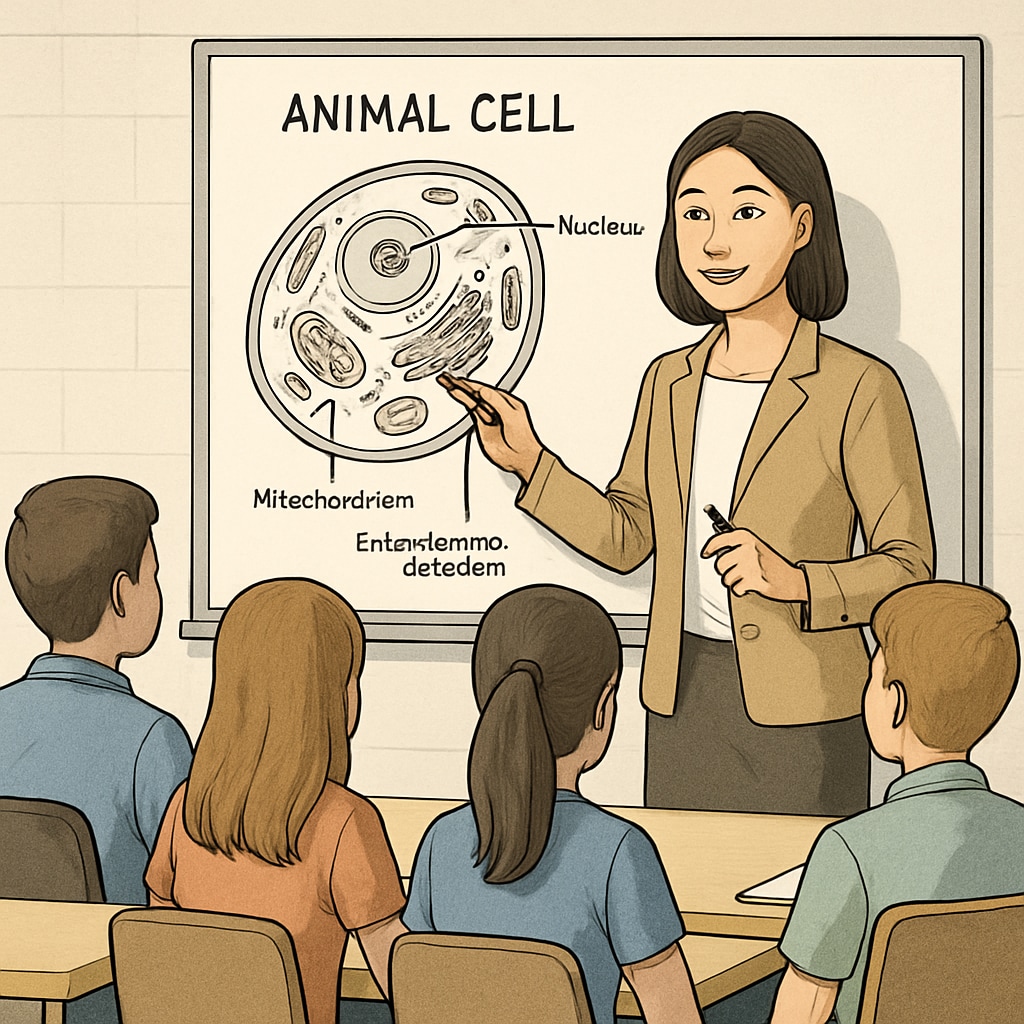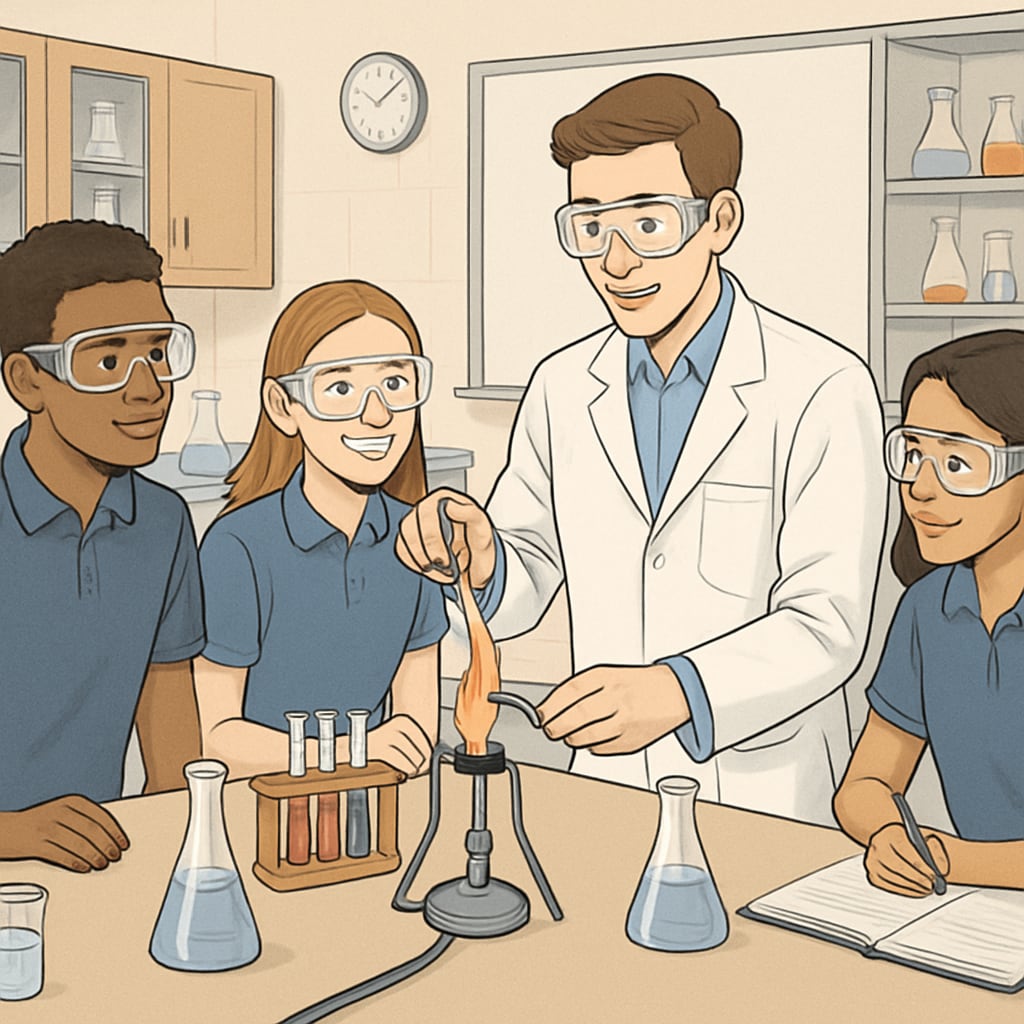Transitioning from a biology background to pursuing a master’s degree in education is an increasingly popular career move. This shift offers biology graduates the opportunity to apply their analytical and scientific skills in a pedagogical context. However, such a transition—spanning from the biology lab to the education lecture hall—requires strategic planning and adaptability. In this article, we will explore the feasibility of this career transformation, the advantages of combining scientific expertise with teaching, and key strategies to navigate challenges along the way.
Why Transition from Biology to Education?
Biology graduates often possess a unique blend of skills that can be highly valuable in the education sector. Their experience in research, critical thinking, and data analysis equips them to bring a distinctive perspective to teaching. For example, teaching biology or other STEM (Science, Technology, Engineering, and Mathematics) subjects allows these graduates to inspire the next generation of scientists and innovators while leveraging their own academic expertise.
Additionally, there is a growing demand for STEM educators worldwide. According to Britannica’s overview of education, STEM fields are critical in fostering innovation and global competitiveness. Biology graduates who pursue a master’s in education can fill this vital gap, blending their scientific knowledge with effective teaching methodologies.

Advantages of a Biology Background in Education
Biology graduates bring a range of strengths to the teaching profession, including:
- Subject Expertise: Deep knowledge of biological concepts allows for accurate and engaging teaching in STEM fields.
- Research Skills: Experience in designing experiments and interpreting data can help foster a research-based learning environment.
- Problem-Solving Abilities: Analytical skills cultivated in the lab can be applied to developing innovative teaching strategies.
- Communication Skills: Presenting complex scientific concepts in an understandable way is a transferable skill that is essential in education.
Moreover, a biology background can enhance interdisciplinary teaching, helping students connect science with real-world issues like environmental conservation and public health.
Challenges in the Transition Process
Despite the advantages, transitioning from biology to education is not without challenges. Biology graduates may encounter obstacles such as:
- Certification Requirements: Many regions require specific teaching certifications, which may necessitate additional coursework or exams.
- Pedagogical Skills: While subject expertise is critical, developing skills in classroom management, lesson planning, and student engagement is equally important.
- Professional Identity Shift: Moving from a research-focused role to a teaching-centric career can require a significant mindset adjustment.
To address these challenges, prospective educators can seek mentorship from experienced teachers, participate in educational workshops, or enroll in a master’s program that includes hands-on teaching practice.

Strategies for a Successful Transition
Biology graduates aiming to excel in education can adopt the following strategies:
- Research Programs Thoroughly: Choose a master’s program in education that offers specializations in STEM or secondary education.
- Gain Practical Experience: Volunteer as a teaching assistant or tutor to build classroom experience.
- Leverage Transferable Skills: Highlight your analytical, research, and communication skills during job applications and interviews.
- Network Actively: Join professional organizations such as the National Science Teachers Association (NSTA) to connect with peers and mentors.
By taking these proactive steps, biology graduates can bridge the gap between their scientific training and the demands of the classroom.
Conclusion: A Fulfilling Career Path
The transition from a biology background to pursuing a master’s in education is a rewarding pathway for those passionate about teaching and inspiring others. With careful planning and a focus on developing pedagogical skills, biology graduates can make a meaningful impact in the education sector. As a result, this career shift not only benefits individual educators but also contributes to addressing the global demand for skilled STEM teachers.
If you are considering this transition, remember that your scientific expertise is a strength that can set you apart as an educator. With determination and the right resources, the journey from the biology lab to the classroom can be both feasible and fulfilling.
Readability guidance: Short sentences, concise paragraphs, and clear transitions have been used throughout the article to ensure accessibility. Lists and examples provide clarity, while external links offer additional context.


